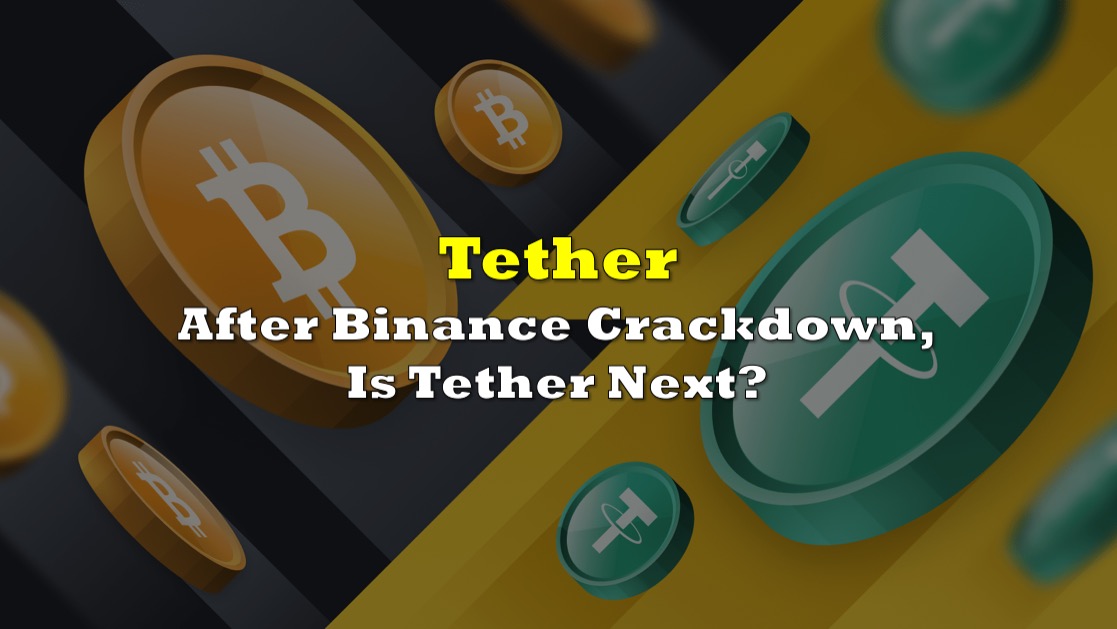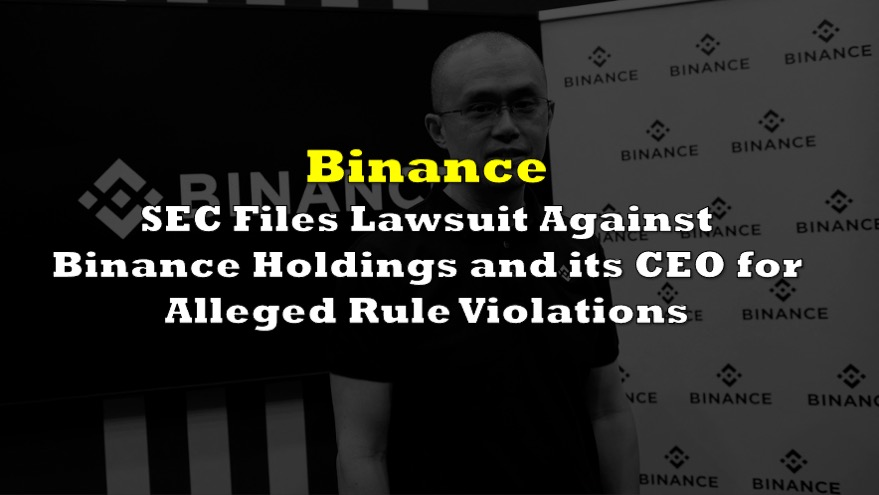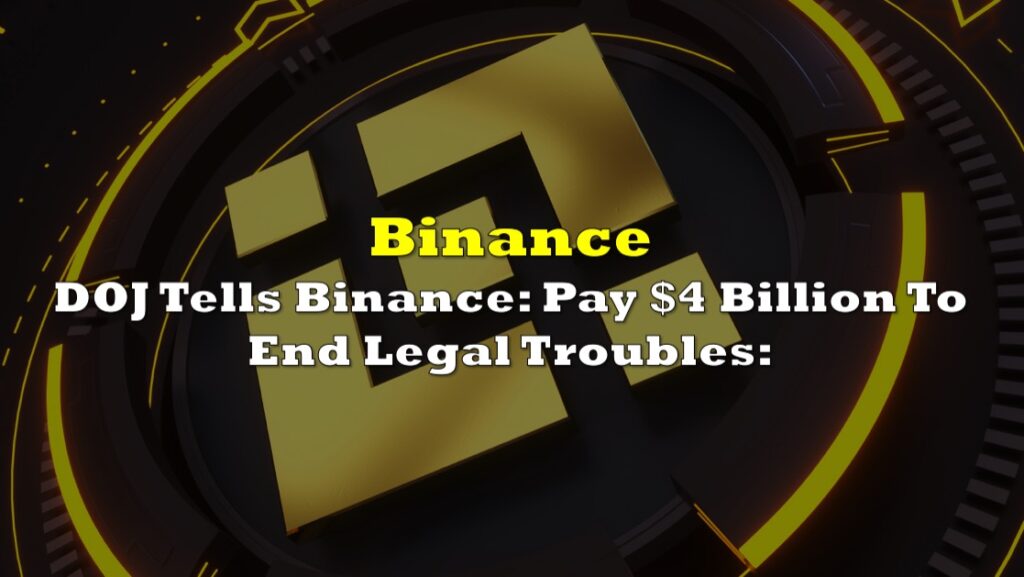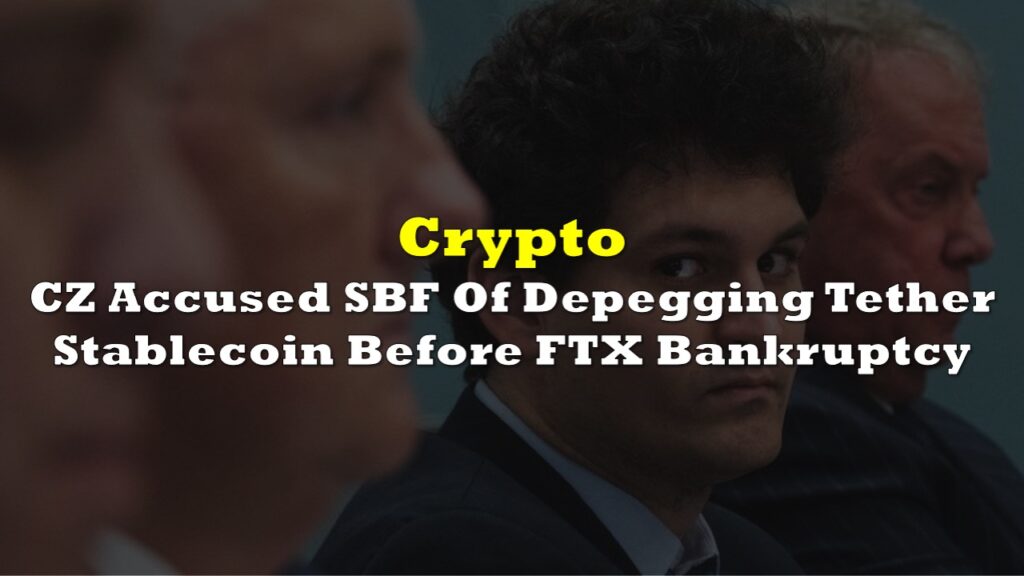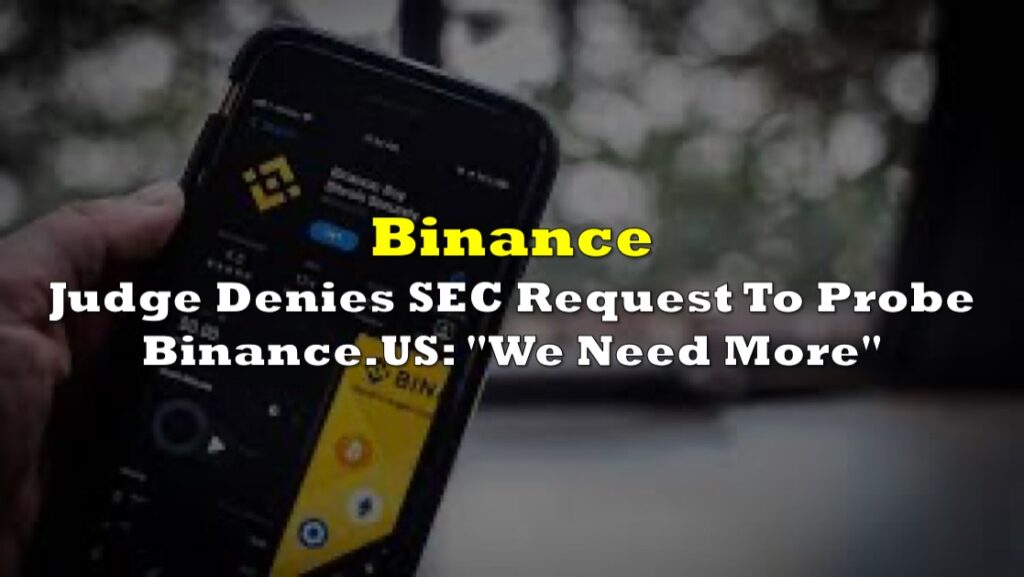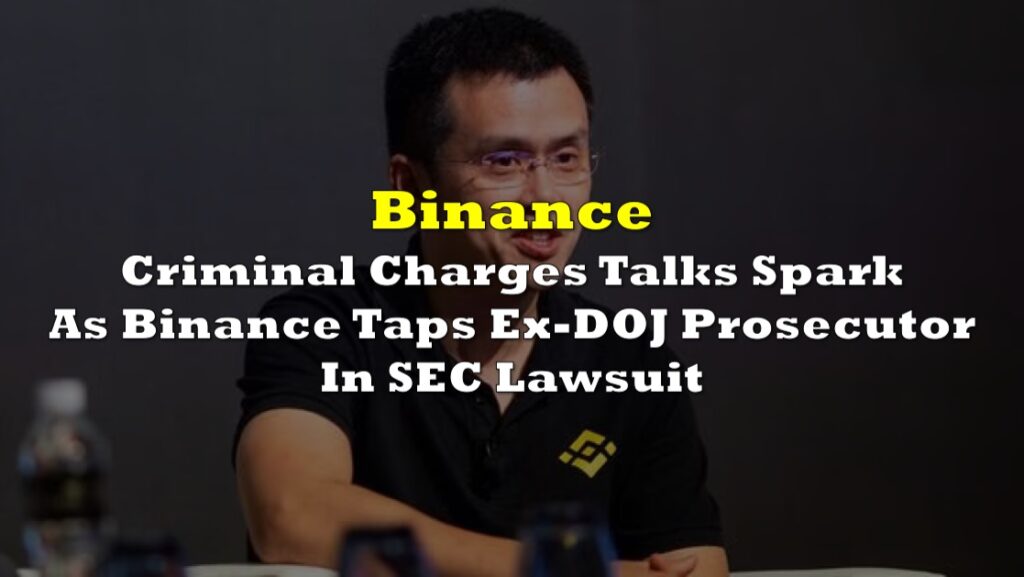In a development reminiscent of Binance’s year-long tussle with the Justice Department, Tether, the widely used stablecoin, finds itself under the regulatory microscope. Speculation abounds about potential negotiations for a substantial settlement and the prospect of winding down operations, akin to Binance’s recent challenges. Some observers even anticipate a forced disassociation between Tether and Bitfinex.
One noteworthy concern on the regulatory horizon for Tether is the possibility of facing charges related to USD counterfeiting. Industry analysts contend that this potential charge carries more significant implications than the Anti-Money Laundering (AML) and Bank Secrecy Act (BSA) violations often associated with such cases.
Tether might be in a similar position that Binance has been in for the last year with The Justice Department. Possibly working out a deal for likely a much larger settlement than Binance's and maybe a wind down of operations. I also wouldn't be surprised if the DOJ forced Tether… https://t.co/hLZgQU98T5 pic.twitter.com/hEynG8t4gD
— Not Tiger Global 🍐 (@NotChaseColeman) November 25, 2023
The U.S. Secret Service, renowned for its expertise in matters of currency counterfeiting, is reportedly closely monitoring this aspect of Tether’s operations.
The timing of regulatory actions against both Tether and Binance is seen by some as a necessary precursor to the approval of a spot Bitcoin Exchange-Traded Fund (ETF) and the broader acceptance of cryptocurrencies. The recent scrutiny on Tether comes at a pivotal moment, possibly indicating increased regulatory oversight across the crypto landscape.
Tether’s challenges extend beyond the regulatory sphere and touch on factors beyond its control, such as complications arising from its associations with Justin Sun’s Tron and issues surrounding USD liquidity due to a lack of robust banking partnerships.
On the 21st of this month, Tether made a public announcement confirming the involvement of the U.S. Secret Service and the Federal Bureau of Investigation on its platform. The stablecoin issuer expressed its commitment to collaboration with law enforcement agencies, a move widely interpreted as an attempt to address regulatory concerns.
However, recent developments suggest a more complex situation. Reports indicate that Tether may be facing a significant compromise, with hundreds of millions of dollars already frozen. Allegations are surfacing that the stablecoin has transformed into a honeypot following interventions by the U.S. Secret Service and the Department of Justice.
Specifically, U.S. enforcement officials have called attention to Tether’s usage on the Tron blockchain. It appears that Tether is being leveraged in an attempt to corner Justin Sun’s Tron.
In response to these developments, Tether has reportedly blacklisted eight Tron wallets, suspected of engaging in transactions primarily between Asian exchanges and Kraken.
🚨🚨🚨🚨⚠️⚠️⚠️ ⚠️
— Rho Rider (@RhoRider) November 25, 2023
woah, Tron again! Justin Sun is about to💥
Tether appears to have been turned fully into a honeypot after US secret service / DoJ intervention
US enforcement officials have specifically called out USDT on Tron.
Seems they’re being used to corner JSUN https://t.co/hxd0rWLwAt
There are indications that these wallets may have interacted with entities like Al Mutahadun and Dubai For Exchange, previously sanctioned by Israel.
The total value of funds involved in these transactions stands at approximately $70 million, with a notable absence of transactions involving tokens other than Tether.
Days earlier, Changpeng Zhao, the CEO of Binance, and the exchange itself have pleaded guilty to criminal charges brought forth by the Department of Justice. The guilty plea, coupled with a comprehensive settlement, includes a fine of $50 million for Zhao and a staggering $4.3 billion for Binance.
Information for this story was found via the sources mentioned. The author has no securities or affiliations related to the organizations discussed. Not a recommendation to buy or sell. Always do additional research and consult a professional before purchasing a security. The author holds no licenses.

